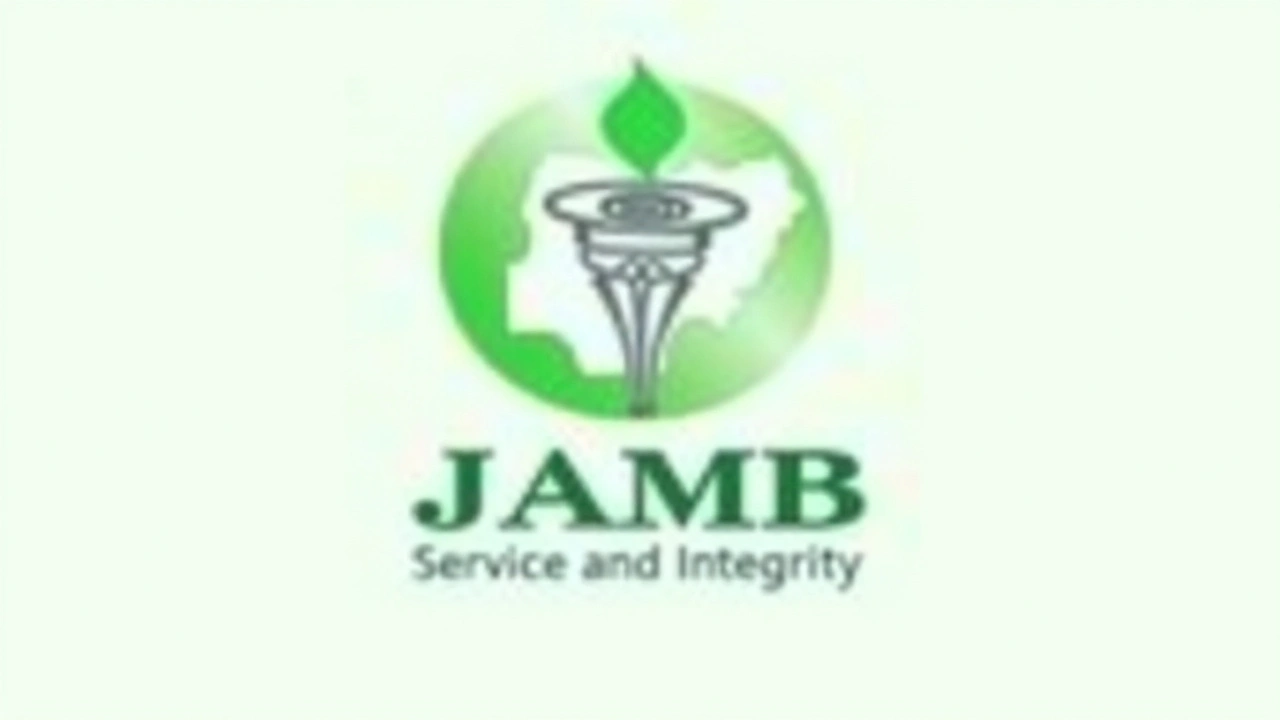Law Programs: How to Pick the Right Law Degree in Africa
Thinking about a law program? Whether you want to defend rights, shape policy, or work in business, picking the right course matters. This page lays out clear steps: types of degrees, entry needs, costs, scholarship options, and career paths across Africa.
First, know the main types. The LLB is the common undergraduate law degree in many African countries and usually lasts three to five years. Some countries offer a BA or BCom with a law focus, while others let you take a postgraduate conversion if your first degree was in another subject. For specialised study, an LLM or master's in law takes one year full time and focuses on areas like human rights, commercial law, or tax.
Entry requirements and timelines
Entry rules vary. Most LLB programs ask for strong secondary school results and specific subjects like English or history. Some schools require an entrance test or interview. For LLM programs you will need an LLB or equivalent and often a good academic record plus letters of recommendation. Application deadlines usually fall six to nine months before the start date, so plan ahead.
Think about accreditation. Choose universities recognised by national legal councils. That affects your right to sit for bar exams and practice locally. Check each school's bar pass rate and graduate outcomes, those numbers tell you how well the program prepares students for real legal work.
Costs, funding and practical experience
Tuition differs a lot between public and private universities and between countries. Public schools usually cost less but can have tougher entry rules. Look for scholarships from governments, charities, and university funds. Scholarships often target women, students from low income backgrounds, or those studying public interest law. Online and part time programs are growing, which helps working students.
Hands on experience matters. Choose programs with legal clinics, internships, or mooting teams. Legal clinics let you work with real clients under supervision. Internships give contacts and job leads. Mooting builds research and courtroom skills. Employers prefer graduates who have practical experience.
Pick a specialisation based on work you want to do. Public law and human rights fit NGOs and international bodies. Commercial law, tax, and corporate work suit banks and firms. Criminal law prepares you for prosecution, defence, or the judiciary. Think about day to day tasks before choosing a niche.
Quick checklist: verify accreditation, compare bar pass rates, ask about internships, budget for living costs, and read alumni reviews. Tailor your application to each school and be specific in your personal statement. A clear example of experience beats vague claims.
Need help finding programs or scholarships in a specific country? Tell me where you are and what qualifications you have. I can list top law schools, funding options, and a step by step plan to apply.
Also check professional networking events and bar association student chapters. Attend open days, meet lecturers, and ask about career services to boost your job chances. Start applications early this year.

Changes to 2025 JAMB UTME Registration Dates and Law Program Suspensions
Keabetswe Monyake Feb 1 16The Joint Admissions and Matriculation Board (JAMB) has adjusted the start date for the 2025 UTME registration, moving it from January 31 to February 3. This change allows for necessary updates following the suspension of certain law programs at various universities. JAMB uncovered some CBT centers using misleading facilities to gain approval, prompting further checks. The board has put admissions hold on the Law Faculty at Fountain University and eight other institutions.
More Detail